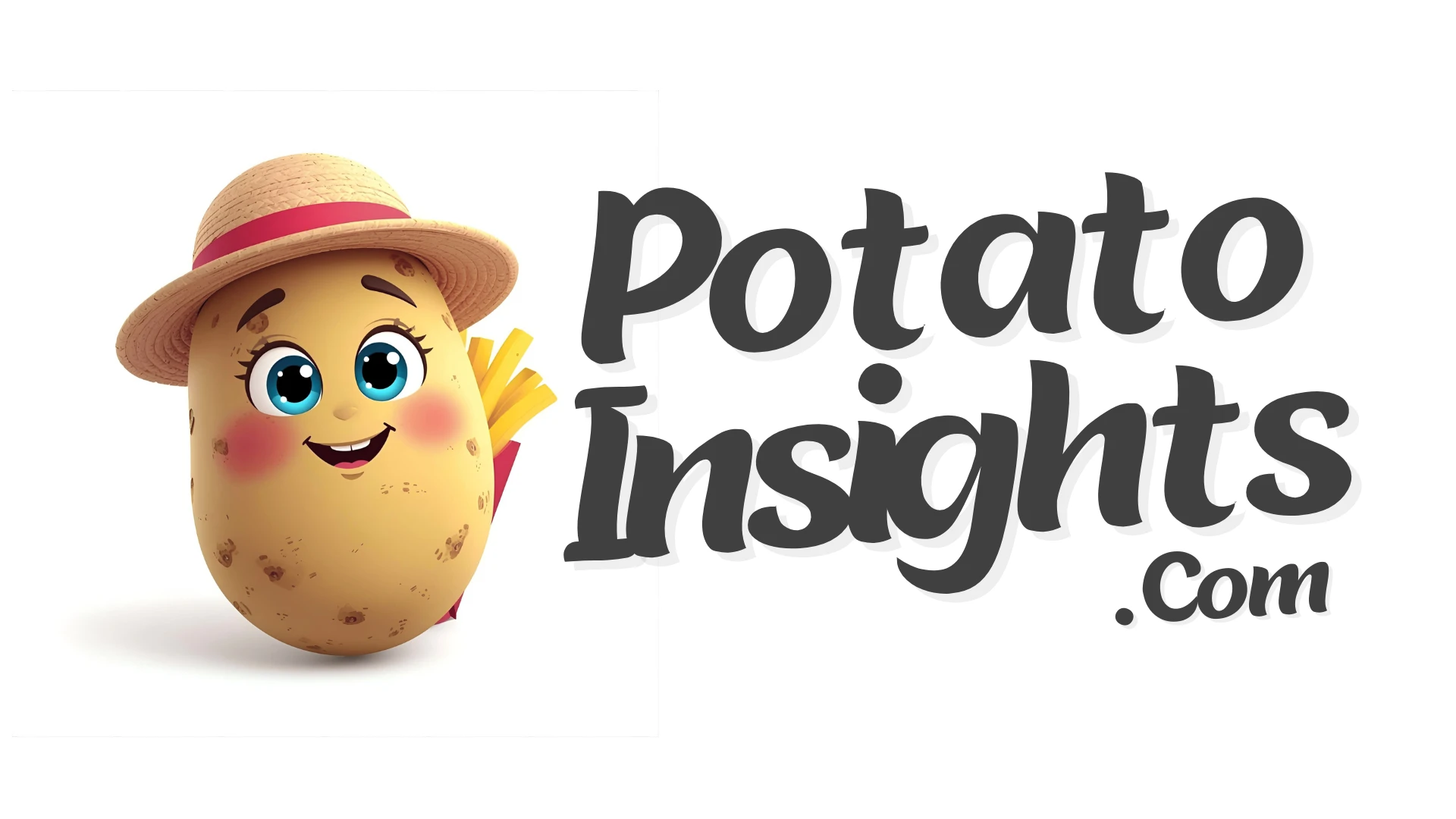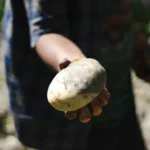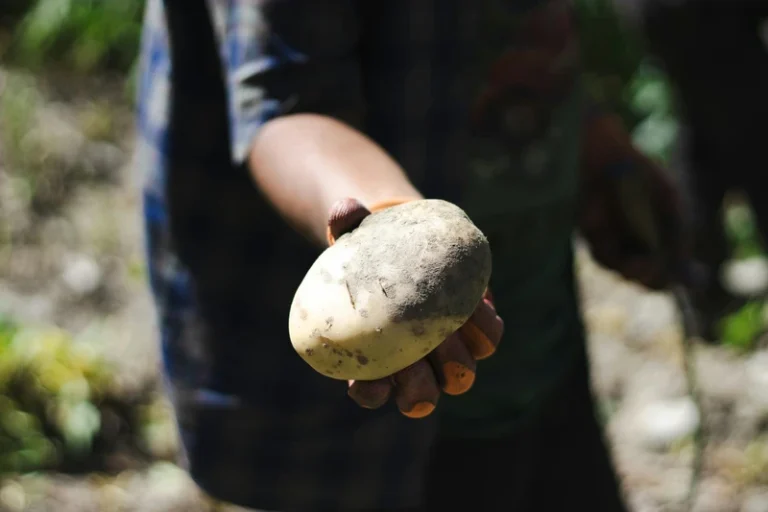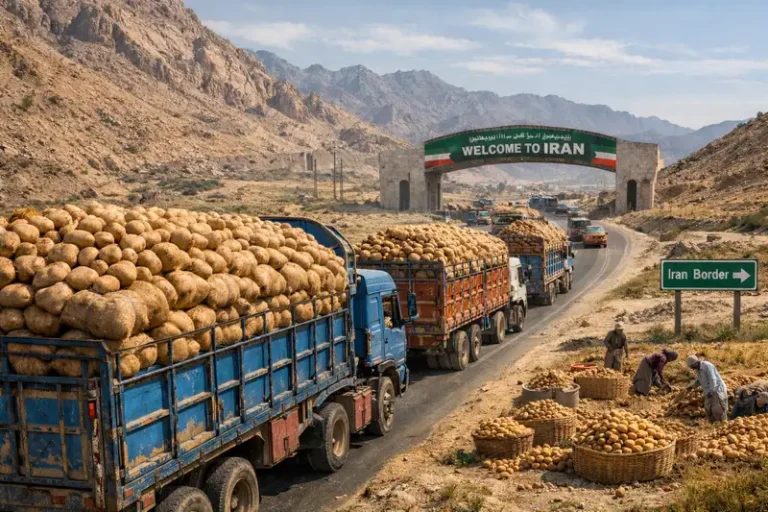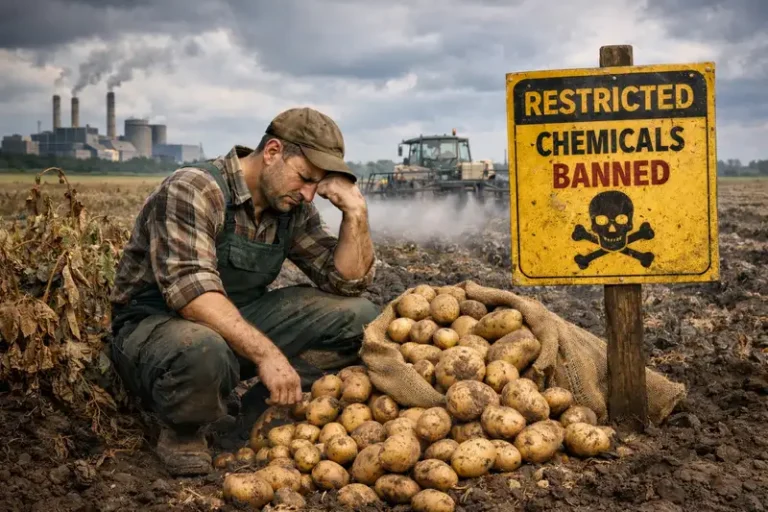Record Potato Harvest Hurts Belgian Farmers
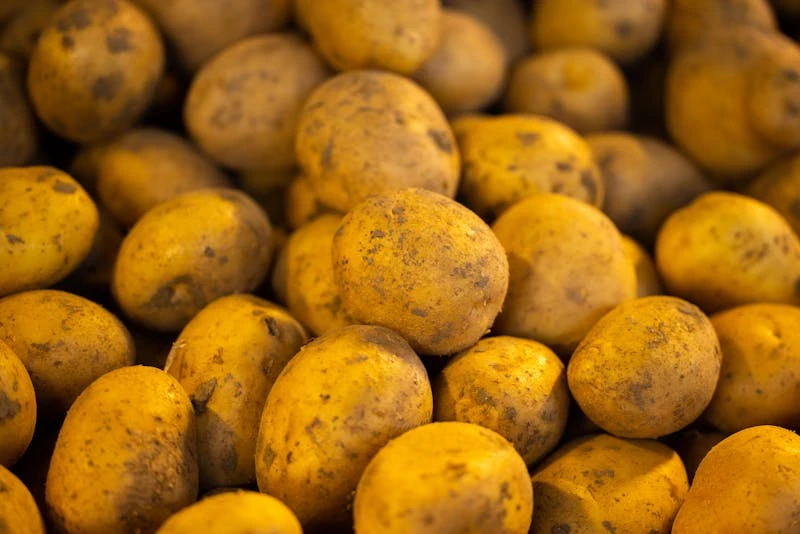
Key Highlights:
- Belgium expects a record five million tonnes of potatoes in 2025.
- Farmers face falling prices due to lower exports and strong competition.
- US tariffs and a strong euro have hurt frozen fries sales.
- Industry experts say the Belgian fries sector is entering a reset phase.
Belgium, famous for its fries, is set to harvest a record five million tonnes of potatoes this year. But instead of celebration, farmers are worried. The large yield has pushed prices down as exports slow and global competition grows.
The country’s potato output has jumped 11 percent from last year, close to half a tonne per person. The rise follows years of expansion in farmland driven by demand from Belgium’s powerful frozen fries industry. But this success story now faces trouble abroad.
Belpotato’s secretary, Pierre Lebrun, said foreign markets are buying fewer European fries. The United States has added tariffs, the euro’s strength has made exports less profitable and Asian producers are catching up. India, China and Egypt have become strong players in recent years, putting pressure on Europe’s top fries exporter.
Belgium’s fries industry has long been a symbol of national pride. From small diners called “friteries” to large factories, the sector has grown rapidly over the past decade. In 2024, the country exported more than three billion euros worth of cooked and frozen potato products, triple the amount in 2015, according to Eurostat.
Demand for fries has long followed global fast-food growth. “When the middle class grows, so does the demand for fries,” said Belgapom’s head, Christophe Vermeulen. Every new fast-food outlet needs fries, he added.
Rising demand pushed farmers to expand. Many bought or leased more land to plant potatoes. Across Belgium, France, the Netherlands and Germany, potato fields grew by around seven percent this year, after a similar rise last year.
But the expansion has backfired. With production soaring and exports slowing, the free market price for potatoes has crashed to about 15 euros a tonne, down from last year’s peak of 600 euros. Farmers now find themselves with full fields and little reward.
Baudouin Dewulf, a farmer in Geer, eastern Belgium, said the market is “saturated.” Behind him, harvesters loaded piles of potatoes onto waiting trucks. For many farmers, contracts with fries producers still offer some protection, but others may face heavy losses or rethink their investment plans.
Vermeulen said the Belgian potato industry is now in “reset mode.” Producers will likely review their contracts, spending and export strategies as they prepare for a tougher year ahead.
Belgium’s record harvest shows the sharp edge of success. What began as a booming fries market has now turned into a warning for farmers who expanded too fast. With prices falling and global rivals growing stronger, the country’s once-celebrated potato trade faces a period of correction and uncertainty.
Source: kten.com
Image credit: Pexels by Engin Akyurt
Recent Articles
Follow us to receive updates🔔
